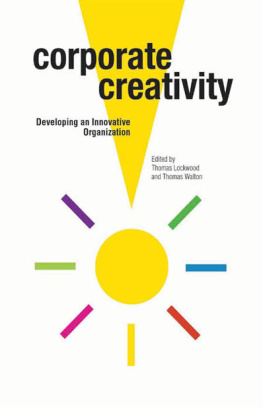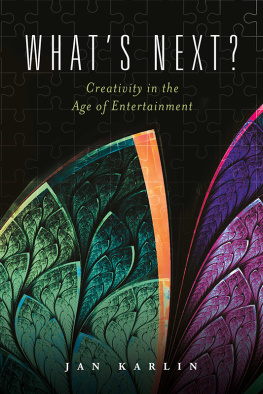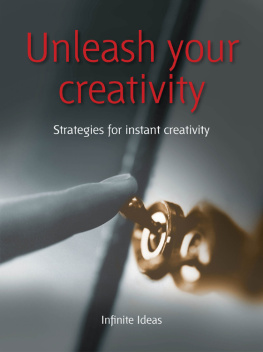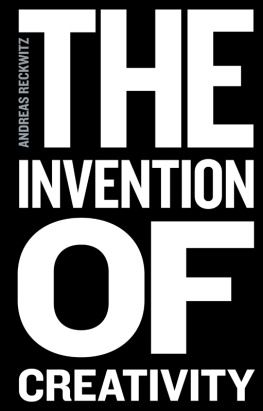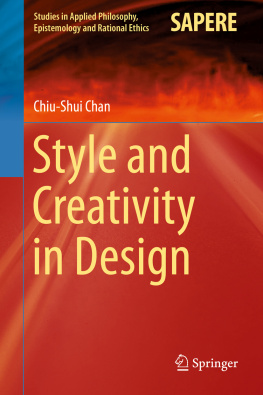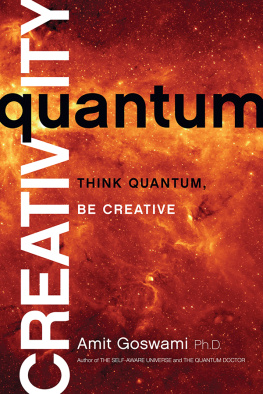
Creativity and Cultural Policy
Creativity has become a popular buzzword in contemporary cultural policy, yet the term remains poorly understood. In this collection cultural policy specialists, together with experts on psychology, creative enterprise and arts education, consider how creativity is defined in a variety of settings, from creative management to creative labour.
The starting point of the book is to move beyond the notion that creativity is simply a product of extraordinary individuals and extraordinary thinking. In reality creativity draws together apparently contradictory thinking styles, processes and purposes which extend well beyond the mythical figure of the solitary genius.
This broad definition of creativity encompasses the contributions of managers, entrepreneurs and intermediaries to the creative process as well as the creativity of consumers and schoolchildren. In turn this implies a broad definition of cultural policy, taking in intellectual property law, education policy and corporate governance as well as policies towards the arts and creative industries.
This collection of articles offers new ways of thinking about creativity and cultural policy. It will be of great interest to students and practitioners of cultural policy, and to anyone who is curious about the value and purpose of creativity in contemporary culture.
This book was originally published as a special issue of the International Journal of Cultural Policy.
Dr Chris Bilton teaches about management and creativity at the University of Warwick where he is Director of the Centre for Cultural Policy Studies. Recent publications include Management and Creativity: from creative industries to creative management (2007) and Creative Strategy: reconnecting business and innovation with Stephen Cummings (2010).
Creativity and Cultural Policy
Edited by
Chris Bilton
First published 2012
by Routledge
2 Park Square, Milton Park, Abingdon, Oxon, OX14 4RN
Simultaneously published in the USA and Canada
by Routledge
711 Third Avenue, New York, NY 10017
Routledge is an imprint of the Taylor & Francis Group, an informa business
2012 Taylor & Francis
This book is a reproduction of the International Journal of Cultural Policy , volume 16, issue 3. The Publisher requests to those authors who may be citing this book to state, also, the bibliographical details of the special issue on which the book was based.
All rights reserved. No part of this book may be reprinted or reproduced or utilised in any form or by any electronic, mechanical, or other means, now known or hereafter invented, including photocopying and recording, or in any information storage or retrieval system, without permission in writing from the publishers.
Trademark notice : Product or corporate names may be trademarks or registered trademarks, and are used only for identification and explanation without intent to infringe.
British Library Cataloguing in Publication Data
A catalogue record for this book is available from the British Library
ISBN13: 978-0-415-69760-6
Typeset in Times New Roman
by Taylor & Francis Books
Disclaimer
The publisher would like to make readers aware that the chapters in this book are referred to as articles as they had been in the special issue. The publisher accepts responsibility for any inconsistencies that may have arisen in the course of preparing this volume for print.
Contents
| Chris Bilton |
| Robert Weisberg |
| Chris Bilton |
| Philip Schlesinger |
| Jonothan Neelands and Boyun Choe |
| Mark Banks |
| Jim McGuigan |
| Nobuko Kawashima |
| Erich Poettschacher |
| Nick Wilson |
Previous discussions of creativity in cultural policy have tended to focus on two aspects. First, the definition of creativity has been diluted through overuse to the point of vacuity. Everything and everybody is or can be creative. The term has a consistently positive reference and is spread indiscriminately across policies, institutions and processes like political margarine or magic dust of creativity.
Secondly, especially in reference to the creative industries or creative economy, the substitution of creative for cultural indicates a shift away from a concept of cultural production rooted in specific cultures or structures of feeling towards a more individualised, commodified and managerial logic. Floating free of any cultural context, todays creative industries and creative class are seen to have infinite potential for wealth and job creation. At the same time they are unpredictable, spontaneous and essentially unmanageable indeed the best way of managing creativity according to this perspective is to leave it well alone. All of this fits with a neoliberal view of cultural policy, in which the individualistic, unaccountable logic of creativity has replaced the complexity of culture, and policy makers uncork the bottle of creativity, freeing creative individuals, enterprises and clusters and classes to weave their magic on the wider economy.
Both of these perspectives have been rigorously criticised, not least in the pages of this journal. There is then no need to repeat these arguments. Instead, the purpose of this special issue is to revisit the definition and implication of creativity in cultural policy, focusing on three considerations.
First, creativity is an essentially paradoxical process. Since 1997, when the UK government endorsed creativity as a central aspect of cultural policy, creativity has indeed been associated with an individualistic, spontaneous and ungovernable free spirit closely allied to Romantic theories of art and to the myth of individual creative genius. This western theory of individual creativity has been exported to other countries with very different intellectual and cultural traditions, such as China. However, the consensus in scientific and academic studies of creativity has shifted definitions of creativity from an individual trait to a collective social process. Since the 1990s most of the literature on creativity has been concerned with sociocultural context, systems theories, networks and organisations not with creative individuals.
It is the combination of these two apparently contradictory aspects individual personality and social process which can cast fresh light on cultural policy. Seen from this perspective, creativity becomes a touchstone through which we can interpret contradictions in policy. As Jonothan Neelands and Boyun Choe indicate, these contradictions are especially revealing in the UK, where the rhetoric of creativity in cultural policy first took flight. They can also expose flaws and contradictions in organisations as in Philip Schlesingers account of the BBC, or in general theories of management (Bilton). And the tension between individual freedom and social structure is especially pertinent to discussions of creative labour (McGuigan, Banks).
The second consideration for this special issue is that the paradoxical, contradictory nature of creativity extends into contingent legal, social and economic aspects of cultural policy. The tension between individual and collective forms of creativity are especially pertinent to questions of copyright, where legal definitions of intellectual property reflect western theories of originality and individual authorship, in marked contrast both to eastern traditions and also to the expansion in open source, Web 2.0 technologies and user-generated (or user-distributed) content (Kawashima). Individual and social forms of creativity also challenge approaches to education, and might lead us towards an alternative model of cultural policy based on social creativity (Wilson).


